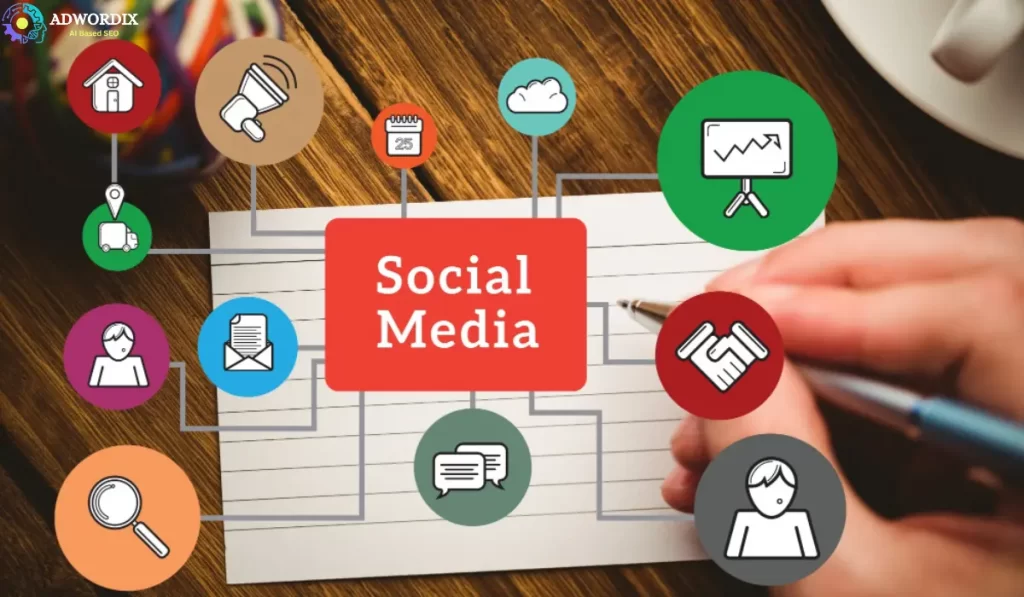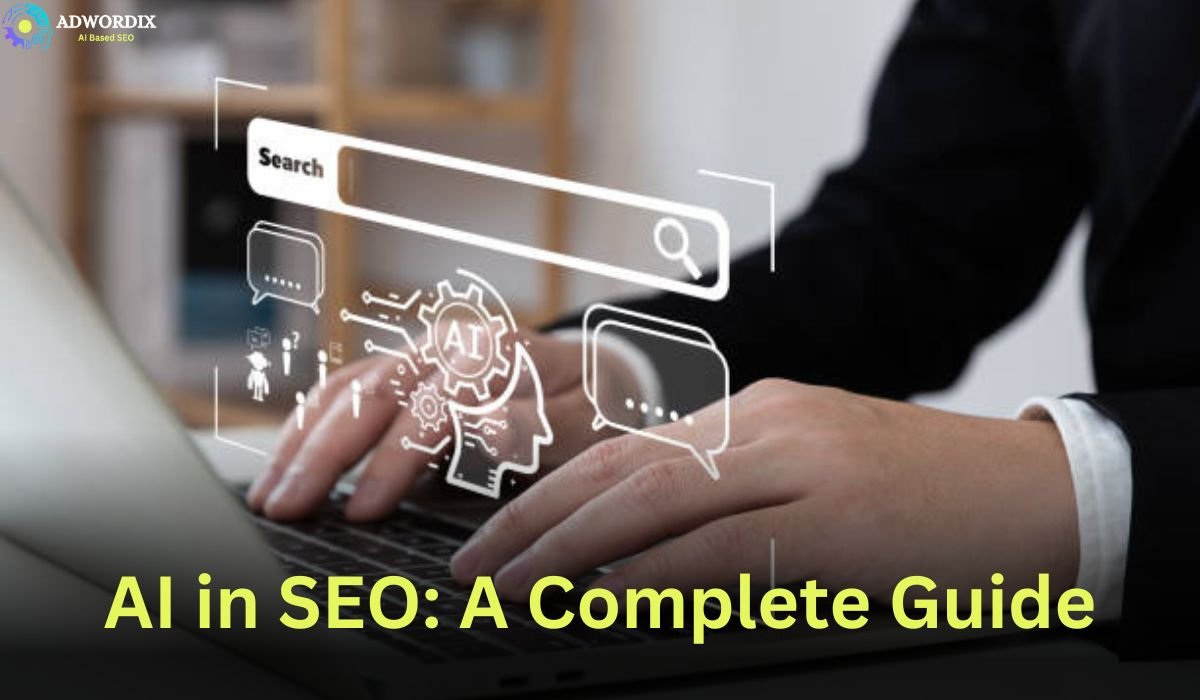Social media has revolutionized how we connect, communicate, and consume information. The advantages are manifold, from contacting family members to marketing businesses. “Social media advantages and disadvantages” encapsulates the diverse impact of these platforms. Social media enables global connectivity, real-time information access, and cost-effective marketing. However, it also brings several disadvantages, such as privacy concerns and misinformation. The “advantages and disadvantages of social media” further highlight the dual nature of these platforms. We will go into great detail about the benefits and drawbacks of social media in this post so you can see how it affects our daily lives, carefully weighing the benefits and drawbacks, Our goal is to offer a thorough grasp of how social media influences contemporary communication and engagement.
What is Social Media?
Social media encompasses various platforms designed for networking, communication, and sharing content. Platforms like Facebook, Twitter, Instagram, and LinkedIn have become integral to daily life, evolving from simple communication tools to powerful mediums for information dissemination, business marketing, and community building. The advantages and disadvantages of social media are evident as these platforms facilitate global connections, enable real-time updates, and provide business opportunities. However, they can present difficulties like privacy issues and the spread of misinformation. Understanding social media’s advantages and disadvantages is crucial for responsibly navigating the digital world.
Advantages of Social Media
Connectivity and Communication
- Global Connectivity: Social media bridges geographical gaps, allowing people to connect globally. It fosters international friendships, cultural exchanges, and global discussions, making the world more interconnected. This aspect is crucial for maintaining personal and professional relationships across borders.
- Staying in Touch: It helps maintain relationships with friends and family. Regular updates, messages, and video calls ensure that geographical distance does not weaken personal bonds. This constant communication is precious for expatriates and families living apart.
Information and Updates
- Instant Access: Provides real-time updates on news and events. Users can stay informed about local and global happenings through social media feeds, making it a vital source for breaking news. This immediate access helps people stay current and make informed decisions.
- Educational Resources: Social media offers a plethora of learning opportunities. Educational institutions, professionals, and enthusiasts share valuable content, including tutorials, webinars, and articles, making it a rich resource for continuous learning and skill development.
Business and Marketing Opportunities
- Cost-effective Marketing: Enables businesses to reach a broad audience with minimal cost. Social media platforms offer targeted advertising options, allowing companies to promote their products effectively to specific demographics, leading to better conversion rates and higher returns on investment.
- Brand Building: Facilitates brand awareness and customer engagement. Consistent posting, interactions, and content sharing help in building a strong brand identity. Engaging in social media activity allows firms to interact with consumers, get feedback, and build a devoted following.
Community Building and Support
- Online Communities: Fosters communities around shared interests. These platforms allow people with common interests to come together, share ideas, and support each other, enhancing social bonds and fostering a sense of belonging.
- Support Groups: Provides platforms for support and fundraising. Social media is instrumental in raising awareness and funds for various causes. Support groups for mental health, chronic illnesses, and other issues thrive on these platforms, offering emotional and financial assistance.
Entertainment and Creativity
- Creative Expression: This platform encourages creativity through various formats, such as videos, images, and posts. Users can showcase their talents in art, music, writing, or other creative fields and receive instant feedback and appreciation from a global audience.
- Variety of Content: Social media platforms provide a great deal of entertainment choices. From viral videos to engaging podcasts and interactive content, they cater to diverse entertainment preferences, providing endless options for users to explore and enjoy.
Disadvantages of Social Media
Privacy and Security Issues
- Data Breaches are Risks: Associated with compromising personal data. Hackers target them frequently because social networking sites gather so much personal data. Identity theft and financial loss brought on by data breaches can seriously negatively affect users’ lives.
- Cyberbullying: Exposure to harassment and bullying online. Anonymity on social media can encourage malicious behaviour. Victims of cyberbullying may suffer from anxiety, depression, and other mental health issues. Strict procedures must be put in place to shield people from this kind of misuse.
Misinformation and Fake News
- False Information: The spread of unverified and misleading content. Social media’s rapid dissemination of information can amplify rumors and falsehoods, leading to public confusion and panic. Users often need help distinguishing between credible sources and fake news.
- Verification Challenges: Difficulty discerning authentic news. Due to the massive amount of content on social media, it is difficult to confirm facts. This environment allows misinformation to thrive, necessitating critical thinking and fact-checking tools to help users identify reliable information.
Addiction and Mental Health
- Social Media Addiction: Excessive use leads to addiction. Constant engagement with social media can disrupt daily routines and negatively impact productivity. Users may become dependent on these platforms for validation and entertainment, leading to compulsive behavior.
- Mental Health Impact: Negative effects on mental well-being. Extended usage of social media might exacerbate loneliness, sadness, and anxiety. Particularly in the case of younger users, comparing oneself to the idealized representations of others might result in concerns with body image and low self-esteem.
Time Management Issues
- Distraction: It leads to procrastination and loss of productivity. Social media users need to focus more on crucial duties and obligations. Notifications and endless scrolling can make concentrating on work or studies easier.
- Time Wastage: Significant time spent on non-productive activities. Users often spend hours browsing through content that does not contribute to their personal or professional growth. This time could be better spent on more meaningful and productive activities.
Negative Impact on Social Skills
- Reduced Interactions: Face-to-face communications have decreased. Reliance on social media for interaction can diminish real-life social skills. Users may find engaging in meaningful conversations or developing deep personal relationships challenging offline.
- Communication Skills: Impairment in real-life social skills. Frequent use of text-based communication on social media can erode the ability to express oneself effectively in person. This may impact interpersonal and professional relationships, resulting in misinterpretations and misunderstandings.
Balancing the Positive and Negative Aspects
The use of social media platforms must be done responsibly if one is to maximize the positive effects while minimizing the negative ones. Here are some tips to help achieve this balance.
- Moderation: Limit the time spent on social media to avoid addiction and ensure it does not interfere with daily responsibilities. Set specific time slots for social media use to maintain a healthy balance.
- Privacy Settings: Always review and update your privacy preferences to protect personal information. Be cautious about the data you share and adjust settings to control who can see your content.
- Critical Thinking: Verify the authenticity of the information before sharing it. Use reputable sources to fact-check news and avoid spreading misinformation. Engage in discussions with a critical mind and be aware of potential biases.
Future of Social Media
Future advances could enhance user experience with new trends and technologies. Future developments may improve user experience while addressing current challenges. Here are some key trends to watch for:
- Augmented Reality (AR): AR is expected to significantly enhance user interaction, provide immersive experiences, and create new opportunities for content creation and marketing.
- Artificial Intelligence (AI): AI will continue to improve content curation, personalize user experiences, and enhance security measures. It will also aid in detecting and combating misinformation, making social media platforms more reliable.
- Enhanced Privacy Controls: With increasing concerns about privacy, future social media platforms are likely to offer more robust privacy controls, giving users greater control over their data and who can access it.
- Integration with Other Technologies: Social media will further integrate with other technologies like e-commerce, creating seamless shopping experiences directly within platforms. This integration will benefit businesses and consumers alike.
Conclusion
Social media service offers numerous advantages, from enhancing communication to providing business opportunities. However, it also presents challenges, including privacy issues and misinformation. By understanding and balancing these aspects, users can maximize social media while minimizing its downsides. The advantages and disadvantages of social media are evident, and by adopting responsible usage practices such as moderating time spent online, adjusting privacy settings, and verifying information, individuals can leverage the benefits while mitigating the negative impacts. This balanced approach ensures a healthier and more productive social media experience.





